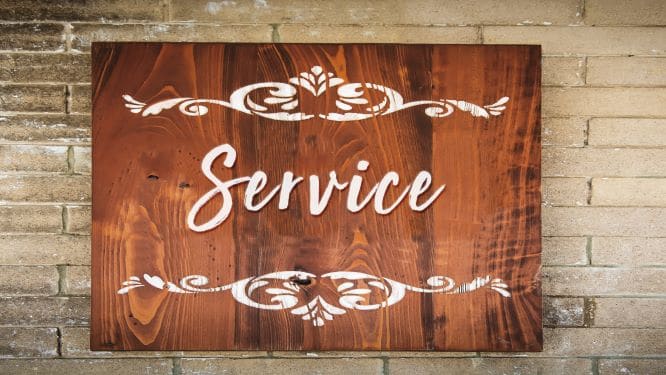Leveraging Your GSA Schedule to Win More Government Contracts

Securing a General Services Administration (GSA) schedule can be a significant milestone for businesses looking to tap into the lucrative government contracts market. However, a startling 47% of businesses with GSA schedules fail to reach the required $25,000 annual sales goal. In FY 2022, out of 14,347 companies with products on a GSA schedule, only 7,546 achieved $25,000 or more in GSA sales, leaving 6,801 falling short of this benchmark. This raises an important question: Why are so many struggling to capitalize on this opportunity?
Contrary to common belief, the issue is not necessarily about the products or services being offered. Instead, the key lies in how businesses approach their GSA schedule and allocate their time and resources. An eye-opening fact is that GSA schedule holders spend a whopping 80% of their time on administrative management. While this is crucial for compliance, it leaves limited room for proactive sales efforts.
Common Pitfalls:
Several common pitfalls hinder GSA schedule holders from maximizing their sales potential:
- Outdated Pricing, Terms, and Descriptions: Failure to keep pricing and product descriptions up-to-date can lead to missed opportunities and lost contracts.
- Neglecting Terms and Conditions: Clear and concise terms and conditions are essential for fostering trust and ensuring smooth transactions.
- Neglecting Required Reporting: Inadequate reporting can jeopardize your GSA contract, making it imperative to stay on top of compliance requirements.
A Proactive Sales Strategy:
To overcome these challenges and boost sales, it’s crucial to shift the focus towards a proactive sales strategy. Here are some key steps to consider:
- Finding out who buys what you sell
Understanding your target audience is a fundamental step in any successful sales strategy. In the government contracting world, this means identifying the agencies, departments, and specific individuals who are in the market for your products or services. Research online, use market intelligence tools, and attend industry events to gather information about potential buyers.
- Contacting Small Business Representatives
Small Business Representatives (SBRs) play a pivotal role in facilitating small business participation in government contracts. They can provide valuable insights into upcoming opportunities, as well as connect you with the right contacts within agencies. Reach out to SBRs to introduce your company, understand their priorities, and explore potential collaboration opportunities.
- Tracking expiring contracts and reaching out to contracting officers
GSA schedule contracts have a finite duration, typically ranging from 5 to 20 years. As contracts approach their expiration dates, agencies begin the process of reevaluating their vendor relationships. This is a prime opportunity to engage with contracting officers, demonstrate your value proposition, and position your company as a reliable partner for their future procurement needs.
- Meeting with Contract Officers and Program Managers
Establishing personal connections with key decision-makers is a critical aspect of successful government contracting. Contract Officers and Program Managers are responsible for overseeing contracts and projects. Request meetings to discuss how your offerings align with their agency’s mission and objectives. Presenting a clear value proposition and demonstrating your commitment to delivering high-quality solutions can go a long way in building trust and credibility.
- Responding to RFIs posted in EBuy and Sam.gov
Request for Information (RFI) postings on platforms like EBuy and Sam.gov are a direct call for potential vendors to demonstrate their capabilities and solutions. Monitor these platforms regularly for opportunities that align with your offerings. Craft compelling responses that showcase your expertise, past performance, and unique selling points. This proactive approach can put you in the running for upcoming contracts.
- Attending industry days and conferences
Industry events provide an invaluable opportunity to network with government representatives, prime contractors, and fellow businesses in your industry. Participating in industry days and conferences allows you to gain insights into the latest trends, challenges, and priorities within the government sector. It’s also a chance to showcase your capabilities, exchange contact information, and establish relationships that may lead to future collaborations.
Conclusion
Leveraging your GSA schedule selling opportunities requires a strategic and proactive approach. By following these six steps, you can position your business as a reliable and valuable partner for government agencies. Remember, persistence and consistent engagement are key to building lasting relationships in the government contracting arena. Stay informed, be proactive, and demonstrate your commitment to delivering exceptional value, and you’ll be well on your way to success.
For more information about employing the above noted strategies, check out Govology.com’s webinar – How to Leverage Your GSA Schedule to Win More Government Contracts. Our presenter, Rich Earnest, explores these strategies in greater detail and offers useful tips to maximize the power of your GSA schedule.



